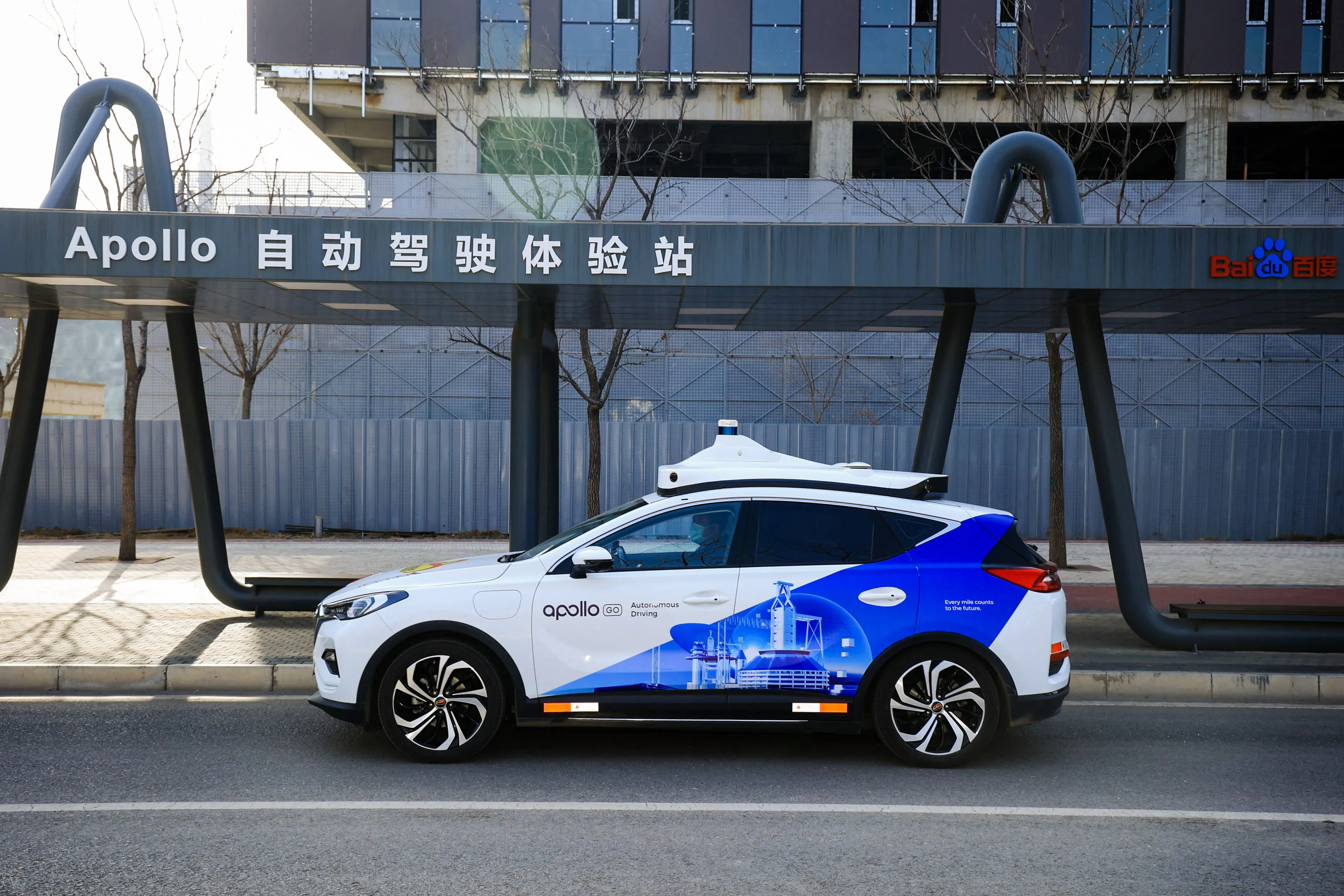Move_UK has completed the first phase of its three-year research programme for the real-world testing of autonomous vehicles (AVs) in the borough of Greenwich, London. The project has enabled the company to develop a new validation method to reduce the time taken to test automated driving systems and bring them to market.
The project’s data is gathered from sensors installed on a fleet of
Business and energy secretary Greg Clark said: “Low carbon and self-driving vehicles are the future and the UK is determined to be one of the leaders in this technological revolution. Through our Industrial Strategy, the Government is laying the foundations to ensure the UK seizes the opportunities presented by the development of our next generation of vehicles.
“Government investment, through our Intelligent Mobility Fund, in the MOVE_UK programme is helping deliver this pioneering research into the ‘real world’ application of this technology. It is a collaboration between Government and industry that is building our expertise and reputation in self-driving technology and support our clean growth, low-carbon agenda.”
Richard Cuerden, academy director at
Move_UK develop new validation method to speed up AV deployment
Move_UK has completed the first phase of its three-year research programme for the real-world testing of autonomous vehicles (AVs) in the borough of Greenwich, London. The project has enabled the company to develop a new validation method to reduce the time taken to test automated driving systems and bring them to market. The project’s data is gathered from sensors installed on a fleet of Land Rover vehicles that have already completed more than 30
October 20, 2017
Read time: 2 mins








